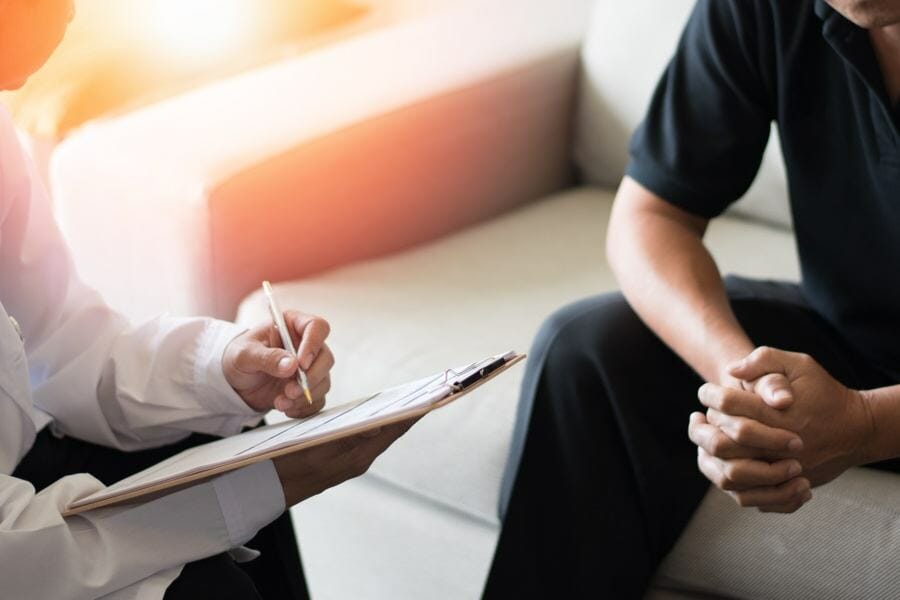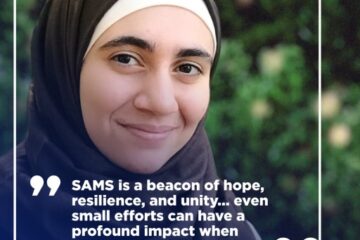May 17, 2021
The COVID-19 pandemic has brought with it a heightened sense of collective vulnerability, and it is important to remember that despite the setbacks and collective trauma we have gone through this year, we can still achieve our dreams if given access to the right resources.
This is especially true in the case of Syrian refugees, who are continually suffering in silence because treating mental health conditions does not receive the same priority as viral diseases, and thus vital mental health resources are scarce. However, SAMS continues to commit resources to support both physical and mental well-being for Syrian refugees, care that is essential for meeting the long-term mental health needs of those affected. One of SAMS’ most successful centers providing psychological care is the Mental Health and Psychosocial Support Center (MHPSS) in Gaziantep, Turkey. Here, numerous refugees such as Khalid*, a 26-year-old father and husband, can get the assistance needed to continue living their lives.
In October 2020, Khalid visited SAMS MHPSS Center in Gaziantep looking for assistance in treating his insomnia, anxiety, and emotional distress. He wanted to control these problems so he could improve his relationships with his family and achieve his dream of finishing school.
Upon being assessed by the Center’s clinical psychiatrist and psychologist, Khalid was diagnosed with multiple psychological issues such as PTSD, anxiety, and depression, which were manifesting in ways that affected his daily life. Among other symptoms, he had become overly sensitive to loud noises and experienced frequent night terrors. With this diagnosis, the MHPSS team worked with Khalid to develop a concentrated treatment plan using Cognitive Behavioral Therapy (CBT), which incorporates techniques such as deep breathing, meditation, and narrative exposure over the course of three months.
Following the program and his time with the MHPSS team, Khalid showed remarkable improvement, with less anxiety, better communication skills, and higher levels of both mental alertness and physical activity (which Khalid credits to his newfound ease with sleep.) Each of these developments has allowed Khalid to manage his anxiety in social situations, regain his self-confidence, and with the MHPSS Center’s help, giving him the tools to continue receiving the resources and support he needs to continue his rehabilitation.
Khalid’s experience with MHPSS is only one of many stories of refugees who have begun to reclaim control of their mental health and in turn their lives.
*Patient’s name was changed for confidentiality.




